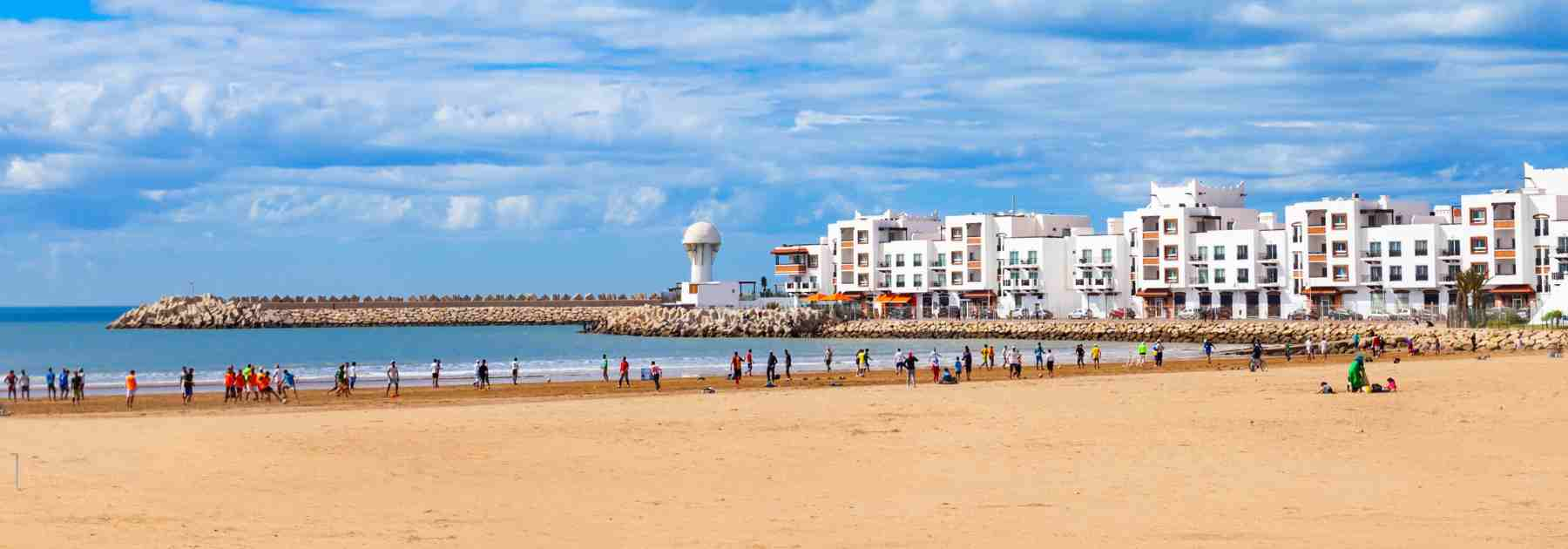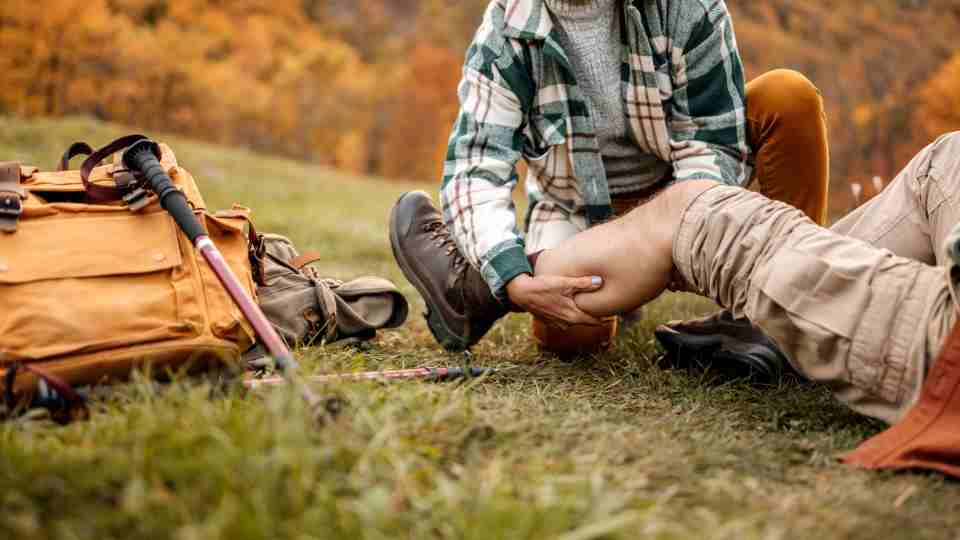How to Pack a Travel First Aid Kit for Different Destinations
When travelling, preparing for potential health issues is just as important as packing your clothes and itinerary. Whether you’re heading to a tropical beach, an adventurous trek, a city break, or a remote destination, a travel first aid kit can help you stay protected and manage minor health concerns while abroad.
At Doncaster Chemist, we recommend that travellers not only pack the right first aid supplies but also get vaccinated well in advance of their trip. Travel vaccinations can protect against serious diseases that are more common in some parts of the world, such as hepatitis A, typhoid, or yellow fever. If you’re unsure which vaccinations you need, visit a travel clinic at least 4–6 weeks before departure to ensure you’re fully protected.
Once you’ve taken care of your vaccinations, it’s time to assemble a travel first aid kit tailored to your destination. Below, we outline essential items to pack depending on your type of trip.
Essential Items for Every Travel First Aid Kit
Regardless of your destination, there are some must-have items for any travel first aid kit:
- Pain relief medication – Paracetamol or ibuprofen for headaches, muscle pain, or fever.
- Plasters and sterile dressings – To cover minor cuts, blisters, or scrapes.
- Antiseptic wipes and cream – To clean wounds and prevent infection.
- Antihistamines – For allergies, insect bites, or hay fever.
- Diarrhoea relief tablets – Essential for preventing dehydration if you develop food poisoning.
- Rehydration salts – To restore lost electrolytes from illness or excessive heat.
- Motion sickness tablets – If you’re prone to nausea while flying or travelling by boat.
- Tweezers and scissors – Useful for removing splinters, ticks, or cutting bandages.
- Thermometer – To monitor fever in case of illness.
- Hand sanitiser – To keep hands clean when soap and water aren’t available.
- Sunscreen (SPF 30+) – To prevent sunburn and skin damage.
Beyond these essentials, your travel first aid kit should be tailored to the specific risks of your chosen destination.

Beach Holidays: Sun, Sand, and Stings
Relaxing on the beach sounds perfect, but excessive sun exposure, insect bites, and marine stings can quickly ruin a trip. Here’s what to pack:
- After-sun lotion or aloe vera gel – To soothe sunburned skin.
- High-SPF sunscreen – Protect your skin from UV damage.
- Insect repellent (50% DEET or picaridin) – Prevent bites from mosquitoes, which can carry diseases in some tropical regions.
- Anti-itch cream – For mosquito and jellyfish stings.
- Waterproof plasters – Useful for covering cuts or blisters when swimming.
- Ear drops – Helps prevent infections from prolonged water exposure.
Adventure Travel: Hiking, Camping, and Extreme Sports
If you’re heading into the wilderness or engaging in high-energy activities, your travel first aid kit should cover injuries, insect bites, and altitude sickness:
- Blister plasters – Essential for preventing painful sores from hiking boots.
- Compression bandages – For sprains or minor joint injuries.
- Antibacterial wound dressings – Helps prevent infections in remote areas.
- Insect bite relief – To ease irritation from ticks and biting insects.
- Water purification tablets – In case you run out of bottled water.
- Altitude sickness tablets – Recommended if travelling to high elevations.
- Emergency whistle and reflective blanket – For safety in remote areas.
City Breaks: Pollution, Crowds, and Minor Injuries
City breaks come with their own set of challenges, such as pollution exposure, long walking days, and crowded public transport. Pack these essentials:
- Face masks – Useful for reducing exposure to pollution in heavily populated areas.
- Blister plasters – For sore feet from walking long distances.
- Cold and flu medication – Crowds can make you more susceptible to catching a virus.
- Hand sanitiser and disinfecting wipes – Helps reduce the spread of germs.
- Eye drops – To soothe dry or irritated eyes from pollution.

Remote Destinations: Limited Medical Access
If you’re travelling to an area with limited access to pharmacies or medical care, a well-prepared first aid kit is vital:
- Broad-spectrum antibiotics (if prescribed) – Some destinations have limited access to medical treatment.
- Sterile needles and syringes – Helpful in areas where medical supplies may not be reliable.
- Extra prescription medications – Bring more than enough in case of delays.
- Satellite phone or emergency contact device – Critical for emergencies in remote regions.
Additional Health Tips Before Travelling
- 1. Check entry requirements – Some countries require proof of vaccinations (e.g., yellow fever certificate).
- 2. Pack extra medication in your hand luggage – In case checked luggage gets lost.
- 3. Keep a list of emergency contacts – Including local hospitals and clinics at your destination.
- 4. Check your travel insurance – Ensure it covers medical treatment abroad.
- 5. Stay hydrated and eat carefully – Avoid drinking tap water in certain countries and be cautious with street food.
Visit Doncaster Chemist for Travel Health Advice
If you need expert guidance on preparing a travel first aid kit, visit Doncaster Chemist. Our pharmacists can advise you on vaccinations, malaria prevention, and essential medications tailored to your destination. We provide travel vaccinations and prescriptions, advice on destination-specific health risks, and first aid kit recommendations.
Don’t leave your travel health to chance – contact Doncaster Chemist today and travel with confidence!

This blog was written on behalf of Doncaster Chemist by Pharmacy Mentor.

